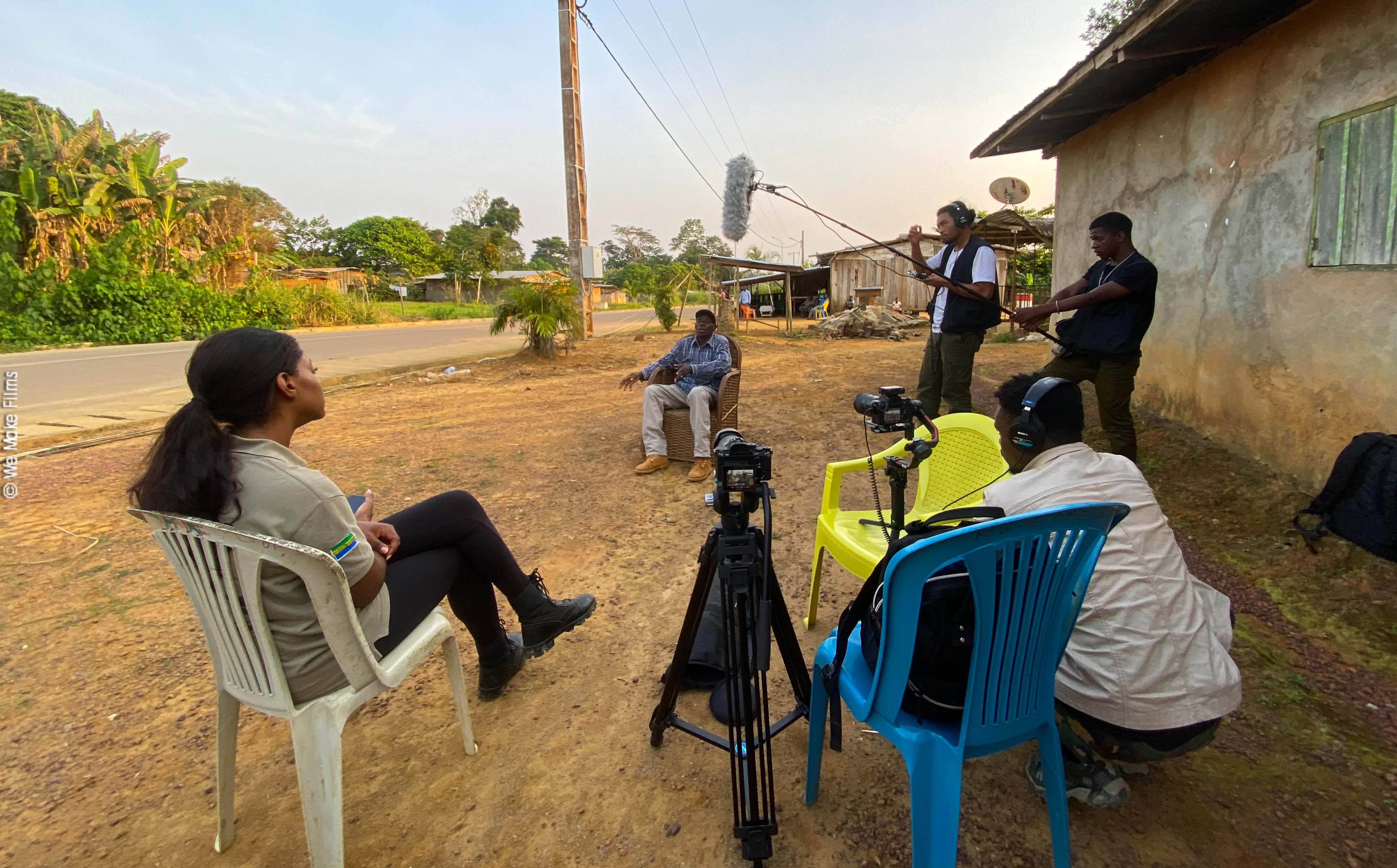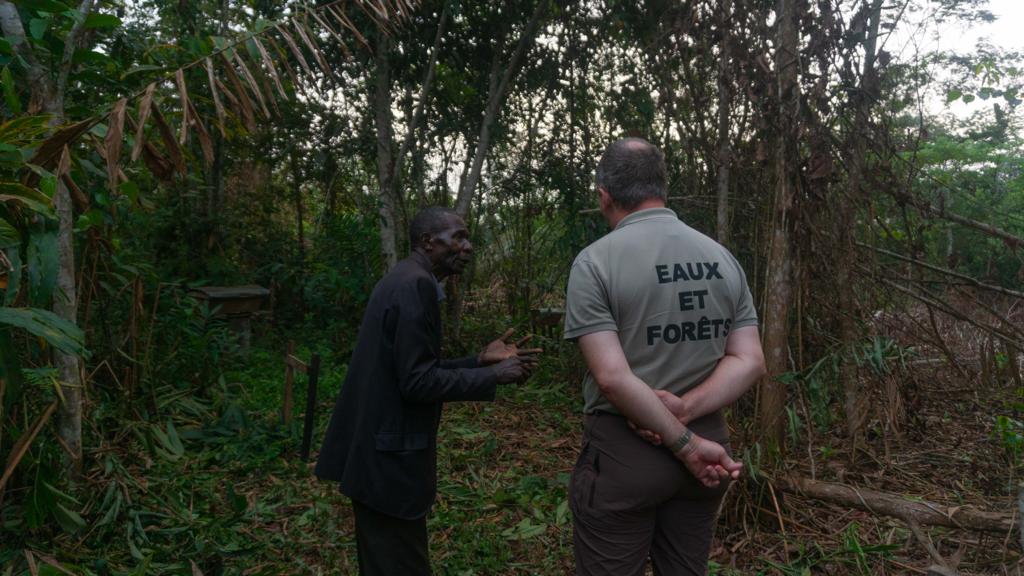World Environment Day: ‘Gabon is a global leader in conservation, the rest of the world must listen’
Guilaine Nzogho Omanda, Gabon’s Communications Advisor and Public Relations Specialist, on the urgent need to work together to save people and planet

Your support helps us to tell the story
From reproductive rights to climate change to Big Tech, The Independent is on the ground when the story is developing. Whether it's investigating the financials of Elon Musk's pro-Trump PAC or producing our latest documentary, 'The A Word', which shines a light on the American women fighting for reproductive rights, we know how important it is to parse out the facts from the messaging.
At such a critical moment in US history, we need reporters on the ground. Your donation allows us to keep sending journalists to speak to both sides of the story.
The Independent is trusted by Americans across the entire political spectrum. And unlike many other quality news outlets, we choose not to lock Americans out of our reporting and analysis with paywalls. We believe quality journalism should be available to everyone, paid for by those who can afford it.
Your support makes all the difference.Gabon’s forests forms part of the great Congo Basin rainforest and covers 88% of the territory and over 23,6 million hectares making it one of the most forested country in the world, Our country shelters iconic animals such as gorillas, mandrills and chimpanzees including 75% of the last remaining population of African elephants.
In a bid to preserve these gifts, Gabon has combined strong political will with long-term efforts to become a global leader in conservation.
As a country, we know that to thrive our forest industry must be legal, sustainable, carbon and biodiversity positive and socially responsible.
As such, H.E. President Ali Bongo Ondimba has taken bold steps to conserve biodiversity; from banning the export of unprocessed logs in 2009 to establishing the Gabonese Special Economic Zone (GSEZ) where fiscal incentives made investing in timber processing attractive, to launching the Agency for Space Studies and Observation (AGEOS), a technological agency that monitors deforestation and forestry-driven degradation, to passing a law allowing Gabon to trade carbon credits last year, and to establishing community forests.
Promoting community forest conservation has indeed been crucial; Gabon’s community forestry management provides important rights, including decision-making, empowerment over forest management and use, and access to forest resources. People understand that their livelihoods are inexorably linked to the survival and sustainable management of the forests.
The Ministry of Water and Forests, the Sea and Environment engages local communities in forest conservation by attributing community forests under state control. The goal is to protect national resources while also providing income opportunities for communities.
In fact, Gabon’s Minister of Water and Forests, Minister Lee White recently inaugurated 28 social houses, a school, a health center and community forest offices in the city of Midzi located north of Gabon which is a great example of how a well managed community forest can fuel rural development. He then re-initiated the attribution of community forests which had been temporarily suspended in 2019.
I myself met with several community forest managers and locals in Ogooué-Ivindo and Woleu-Ntem provinces as part of a documentary film we are producing to showcase the economic, social, and environmental benefits of community forestry including ways in which people and nature can thrive and grow together.
This World Environment Day Gabon calls on developed nations to address the most pressing global environmental issues affecting our planet.
The biggest challenge facing the African region is climate change. Despite contributing the least to global warming - just 4% of the total global emissions - African nations bear a disproportionately large impact of climate change.
The Congo Basin is home to the world’s second largest rainforest after the Amazon and is essential for our survival. So if we lose the Congo Basin forests, it is going to result in famine in Egypt. I worry about the impact climate change will have on my children, as well as on future generations. Climate change means our children will inherit a more damaged and uncertain planet. We must do everything we can collectively to imagine a healthier planet and then build one.
One of the biggest challenges Gabon faces today is resolving the human-elephant conflict.
Elephants are leaving the forest due to habitat loss or lack of food. They go to local plantations in villages to feed, which poses a serious threat to the security and sustainability of the livelihoods of rural communities, both on the political, social, and economic levels.
Crop loss caused by elephants does not only affect the ability of farmers to feed their families or to finance the education of their children; it also reduces financial income and has much more serious repercussions.
We have to protect the local communities while at the same time preserve our biodiversity. We have to build more electric fences. To achieve this, we need international private sector investment.

Gabon’s Ministry of Foreign Affairs, M. Michael Moussa recently reached a landmark agreement with international conservation charity Space for Giants which aims to provide lasting solutions to address the challenge of human-wildlife conflict.
I feel hopeful for the future because I believe in the power of positive thoughts and actions to bring positive results. This World Environment Day, we must work together to protect all of our futures.
Join our commenting forum
Join thought-provoking conversations, follow other Independent readers and see their replies
Comments